Biosuccess: Pioneering Net-Zero Agripreneurship
Since 2002, Biosuccess has been at the forefront of sustainable agriculture, pioneering regenerative farming, organic inputs, carbon sequestration, and climate-conscious Agripreneurship. With operations spanning across India, the USA, China, Mexico, Uganda, Guatemala, South Africa, Malaysia, and more, Biosuccess has empowered thousands of farmers, transforming them into Agri-Experts, Agripreneurs, and global stewards of the planet.
Aligned with the United Nations’ Net Zero goals, Biosuccess actively contributes to carbon reduction through innovative Bio-char integration, agroforestry, sustainable farm inputs, renewable energy adoption, and eco-conscious rural development. This unique approach positions Biosuccess as a pioneering force in the global Agripreneurship ecosystem, combining entrepreneurship, innovation, and environmental responsibility.
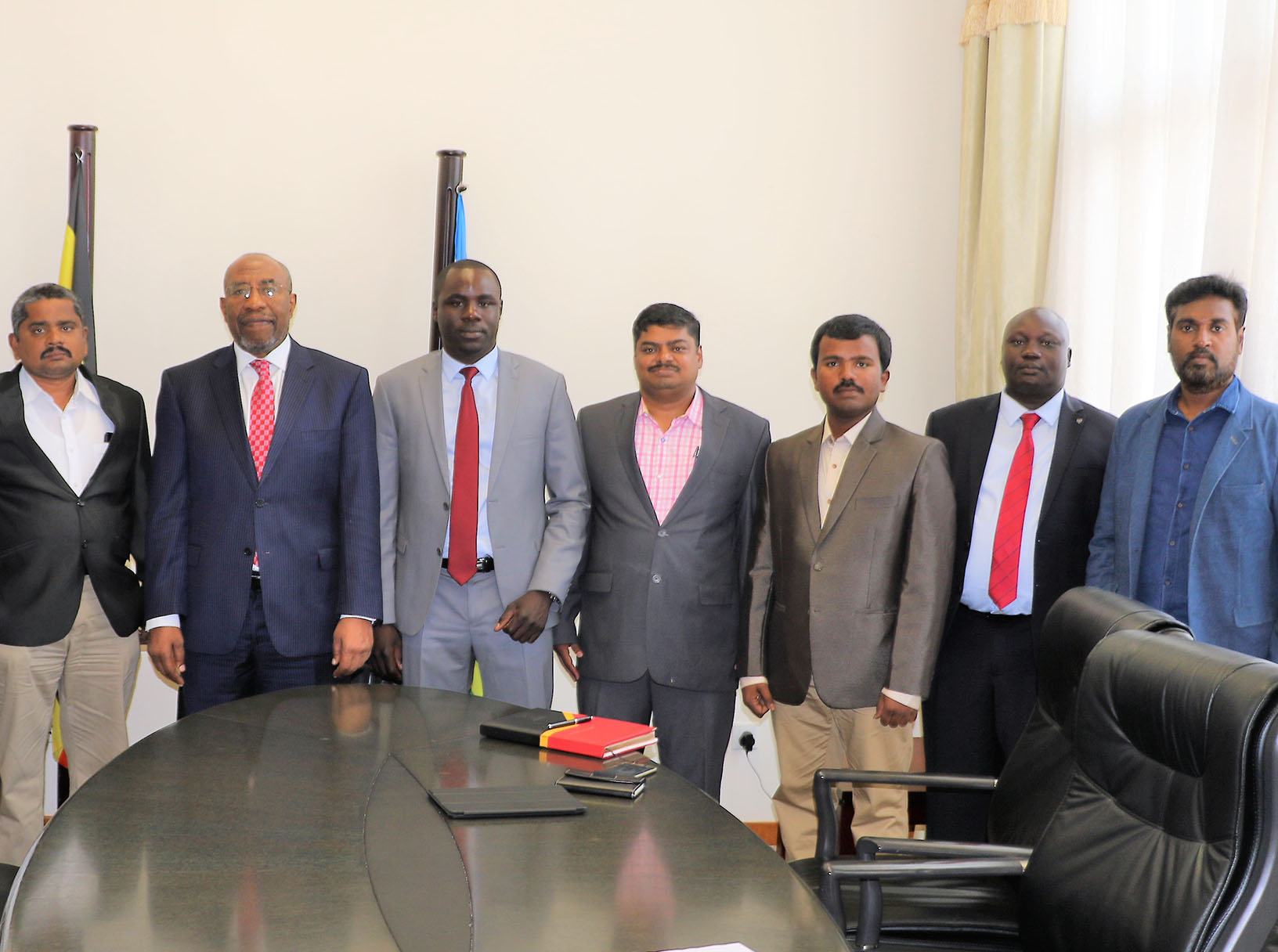
With Uganda Prime Minister & Parliament Member
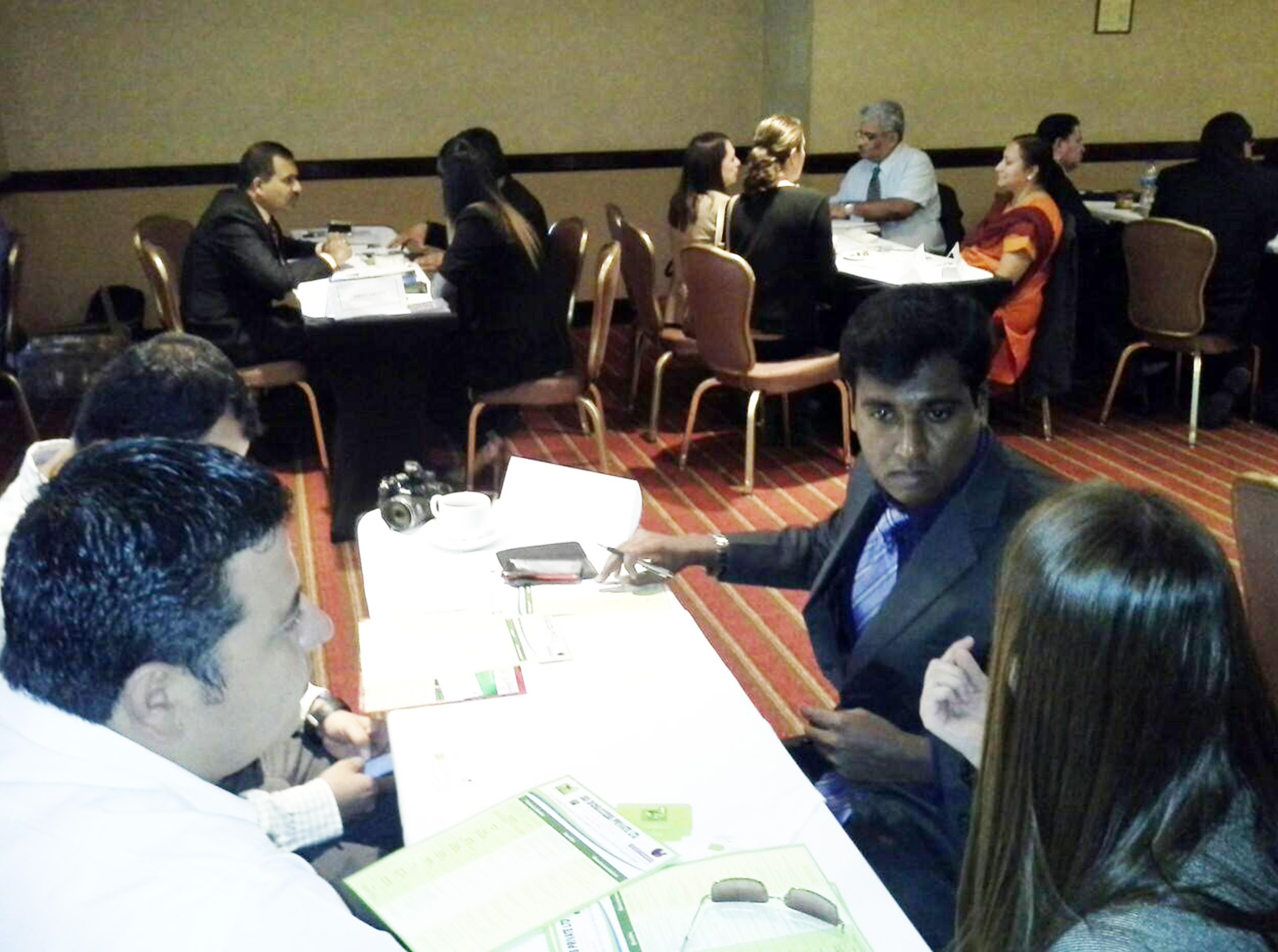
At Buyer seller meet Guatemala 2014
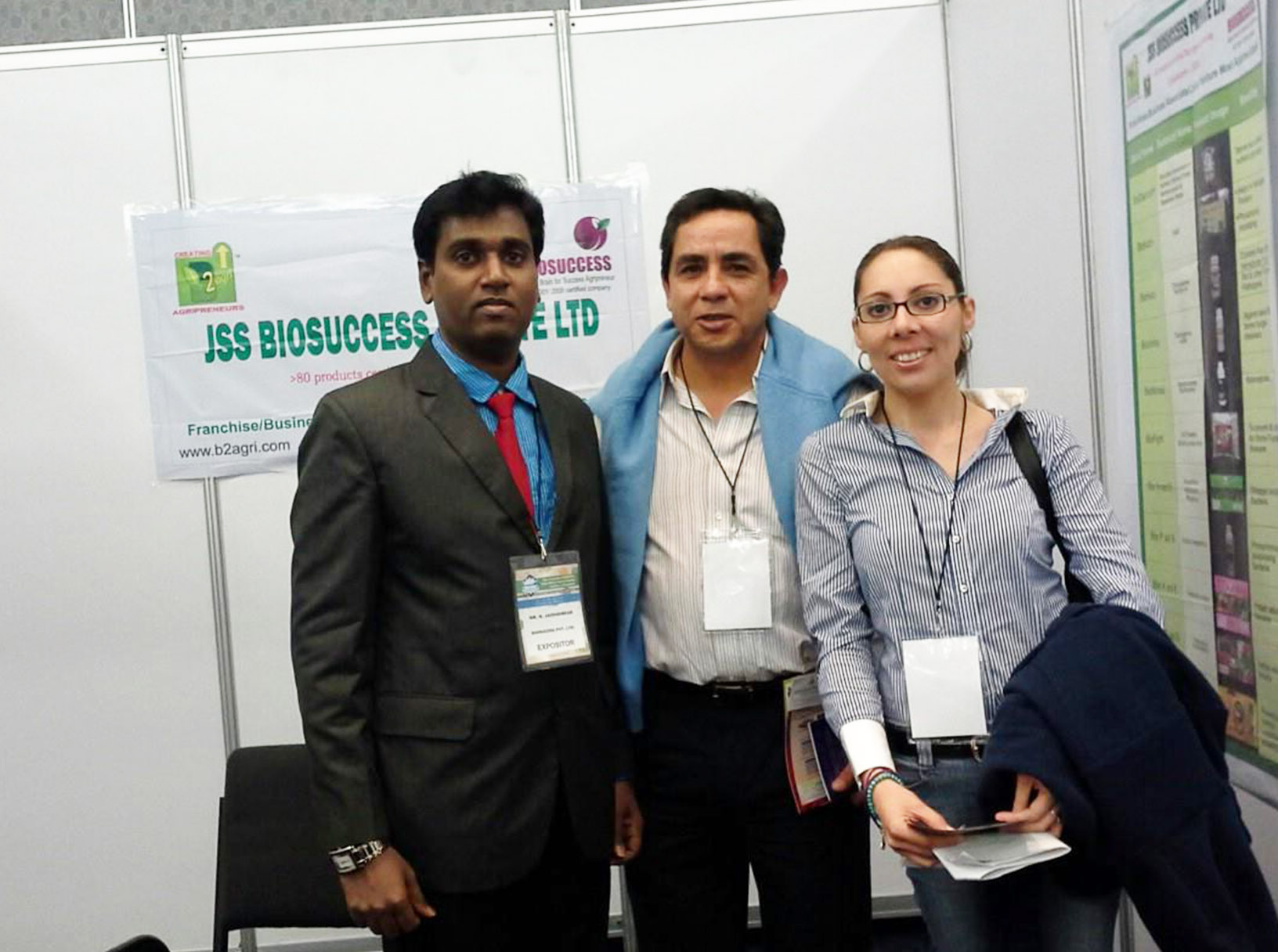
At Agri Fair, USA 2014
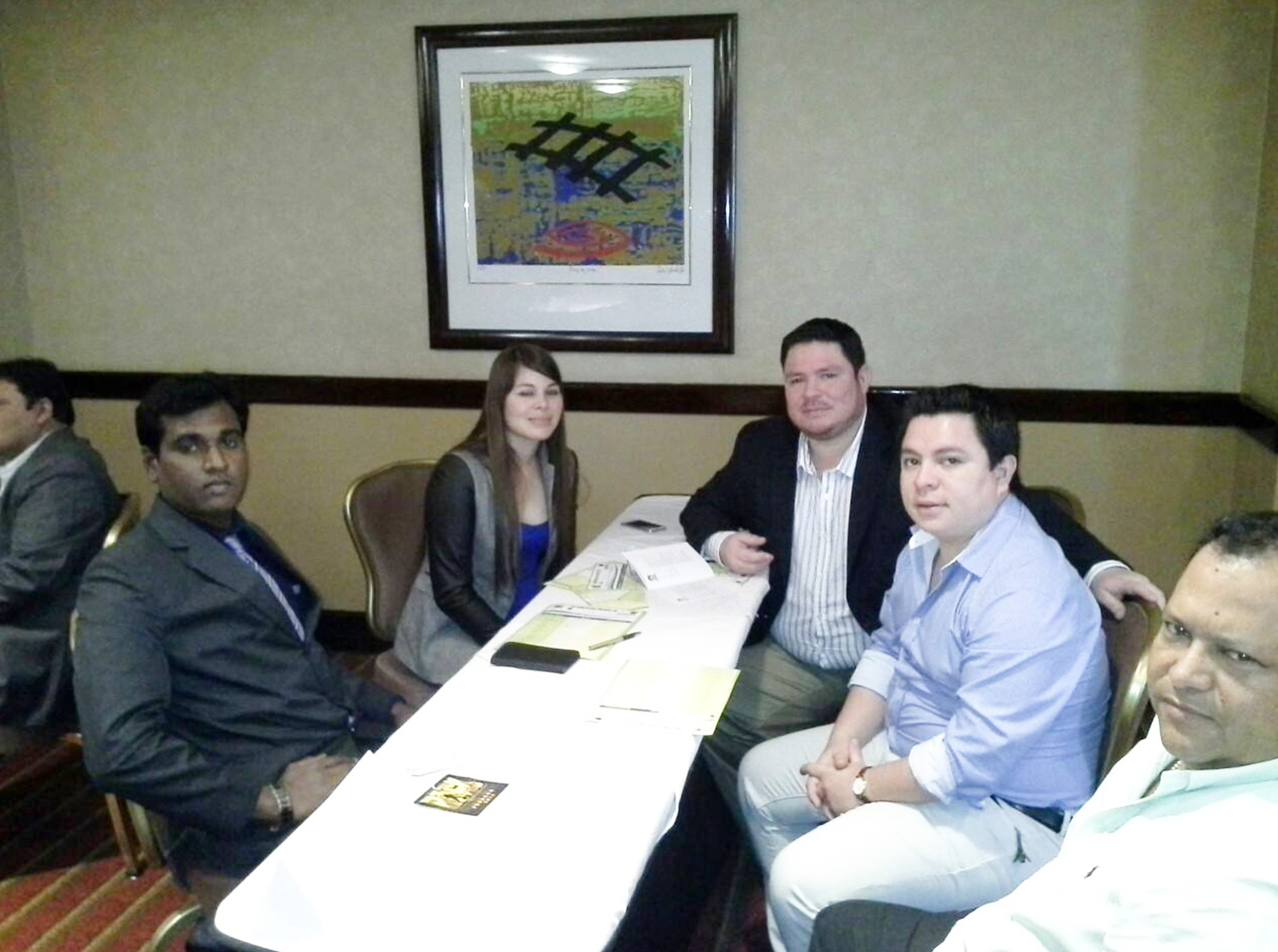
Guatemala Business Associates

MEXICO Business Meet
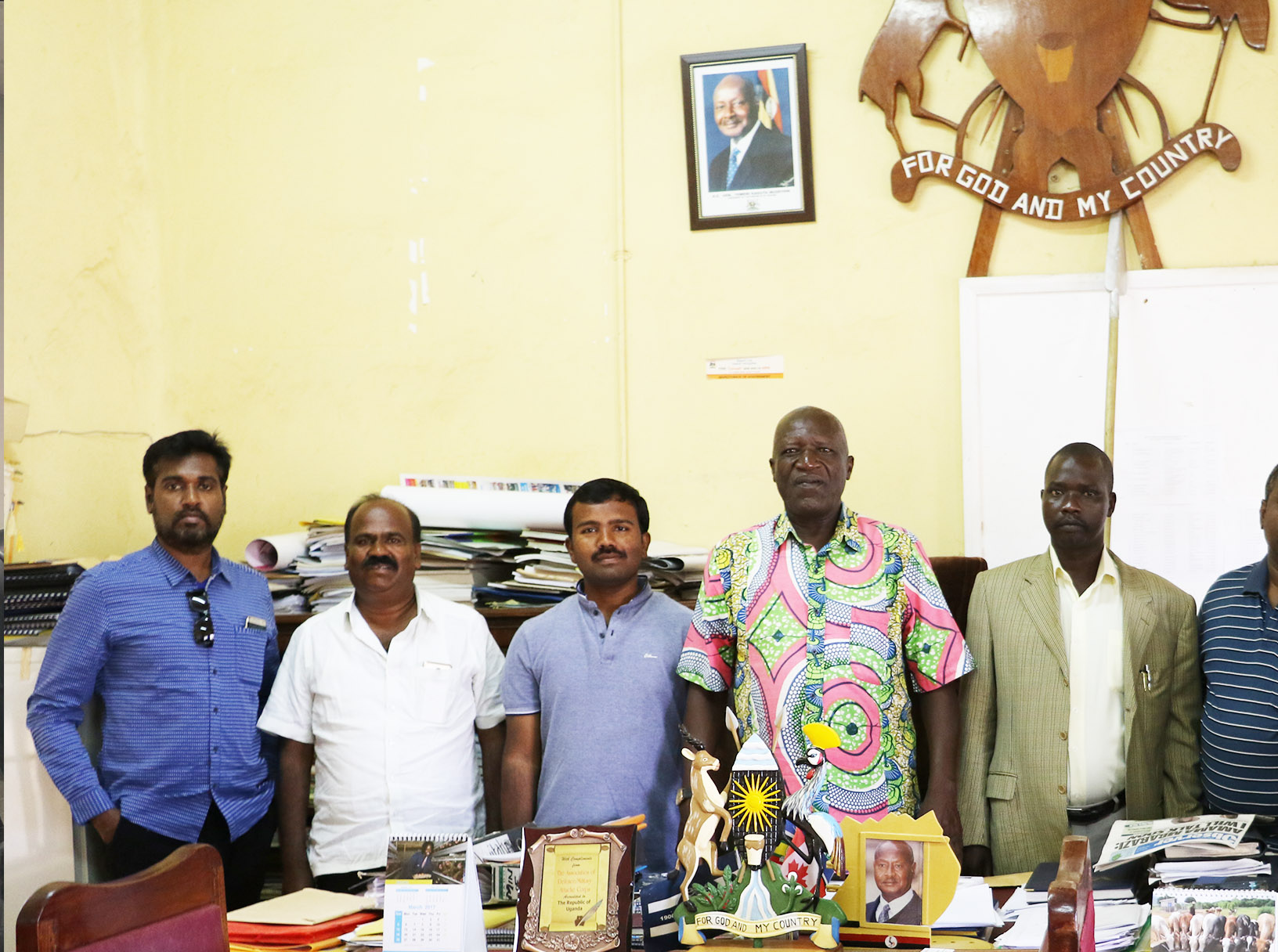
With Chief Minister of AURA District in UGANDA
Biosuccess & Net Zero: Six-Pillar Strategy
Biosuccess integrates Net Zero principles through six key strategies, making it one of the most impactful and globally recognized Agripreneurial organizations.
1.Bio-char for Carbon Sequestration: Turning Farms into Carbon Sinks
Biosuccess is a leader in bio-char-based carbon farming, using bio-char-infused soils to permanently store carbon while enhancing soil fertility. This method:
- Sequesters atmospheric CO₂ into soil, reducing global carbon levels.
- Improves soil microbial activity, boosting long-term agricultural sustainability.
- Increases water retention and nutrient absorption, reducing dependency on synthetic fertilizers.
Mitigates climate change effects by stabilizing carbon in the soil for centuries.
2.Sustainable & Regenerative Agriculture: Eliminating Chemical Emissions
Biosuccess promotes regenerative farming techniques that eliminate carbon-intensive industrial agriculture practices. These include:
- Eliminating synthetic fertilizers & pesticides, reducing emissions and groundwater contamination.
- Agroforestry & intercropping systems that restore soil health and boost biodiversity.
- Carbon farming techniques, ensuring that farming actively removes carbon from the atmosphere rather than contributing to emissions.
Natural soil amendments, such as compost, vermin-compost, and microbial inoculants, that enrich soil structure while acting as natural carbon sinks.
3.Net-Zero Construction: Bio-char Mud & Bamboo Houses
Biosuccess pioneers eco-friendly construction using bio-char, mud, bamboo, lime, and natural materials. These structures:
- Store carbon within building materials, reducing net emissions.
- Reduce the carbon footprint compared to conventional cement and steel construction.
- Offer natural insulation, minimizing heating and cooling energy requirements.
Promote sustainable rural housing, demonstrating a net-zero model for the construction industry.
4.Renewable Energy & Circular Farming Systems
Biosuccess integrates renewable energy solutions across its agricultural and Agripreneurial models:
- Biogas production from farm waste, replacing fossil fuel-based energy sources.
- Solar and wind energy adoption for farm irrigation, processing units, and sustainable rural electrification.
Livestock integration to harness organic manure and renewable bioenergy as a farming input.
5.Agri-Eco-Health-Edu Tourism: A Carbon-Neutral Lifestyle Model
Biosuccess has pioneered a unique Agri-Eco-Health-Spiritual-Edu Tourism model, integrating sustainable farming with health, wellness, and education:
- Sustainable retreats & eco-tourism farms, promoting carbon-neutral travel and lifestyle awareness.
- Organic farm-to-table experiences, reducing carbon footprints by eliminating long food supply chains.
Yoga & meditation facilities integrated into sustainable farms, promoting holistic well-being in alignment with nature.
6.Organic, Eco-Friendly Farm Inputs: Reducing Agricultural Emissions
Biosuccess produces and promotes bio-fertilizers, bio-pesticides, and organic farm inputs that replace carbon-intensive synthetic chemicals:
- Bio-fertilizers & microbial inoculants reduce nitrogen oxide emissions, one of the most potent greenhouse gases.
- Bio-pesticides eliminate chemical residues, protecting soil and ecosystems.
Organic composting techniques, enhancing soil carbon sequestration and reducing methane emissions from organic waste decomposition.
Additionally, Biosuccess actively promotes and educates farmers about agroforestry and bio-fencing, cultivating:
- Bheema Bamboo (Bambusa balcooa) – A fast-growing, high-yield carbon sink that absorbs significant amounts of CO₂.
- Melia dubia, Tectona grandis (Teak), Swietenia macrophylla (Mahogany), Gmelina arborea (Kumil), Azadirachta indica (Neem), Pongamia glabra (Pungamia) – Trees that enhance biodiversity, restore soil health, and serve as long-term carbon storage units.
- Theobroma cacao (Cocoa), Myristica fragrans (Nutmeg), Cocos nucifera (Coconut), Areca catechu (Arecanut), Mangifera indica (Mango), Phyllanthus emblica (Amla), Manilkara zapota (Sapota), Psidium guajava (Guava), Punica granatum (Pomegranate), Musa spp. (Banana), Artocarpus heterophyllus (Jackfruit) – Tree crops integrated into carbon farming strategies, maximizing land productivity while reducing emissions
- Why Biosuccess is a Global Asset & The Future of Sustainable Agripreneurship
- Biosuccess is not only a successful agricultural enterprise but also a pioneering force in global sustainability and climate-conscious entrepreneurship. By merging innovation, research, and sustainability, Biosuccess offers a globally scalable model that redefines the future of agribusiness, rural economies, and planetary well-being.
With its unique ability to sequester carbon, empower farmers, revolutionize Agripreneurship, and transform global agriculture, Biosuccess is an indispensable asset for achieving Net Zero and the world’s sustainable future.
